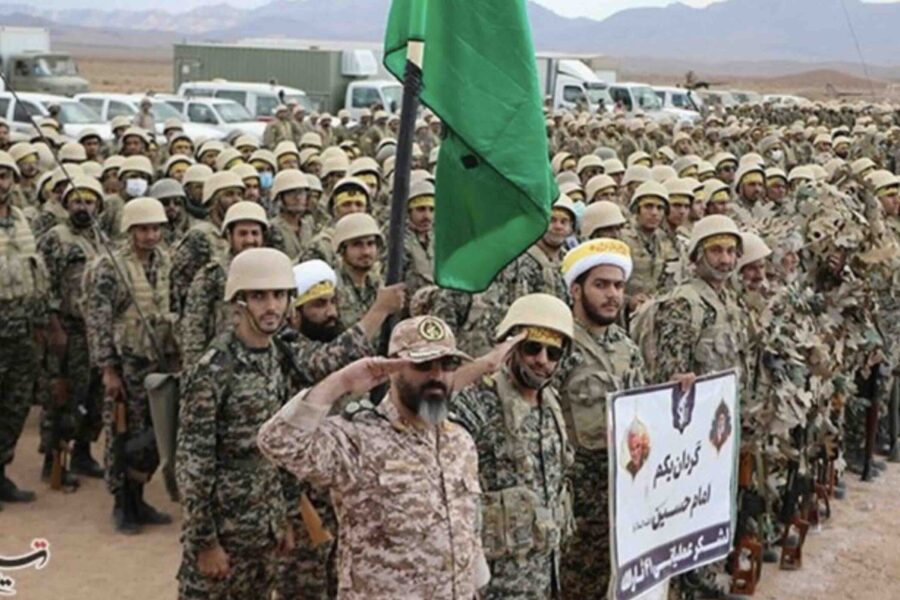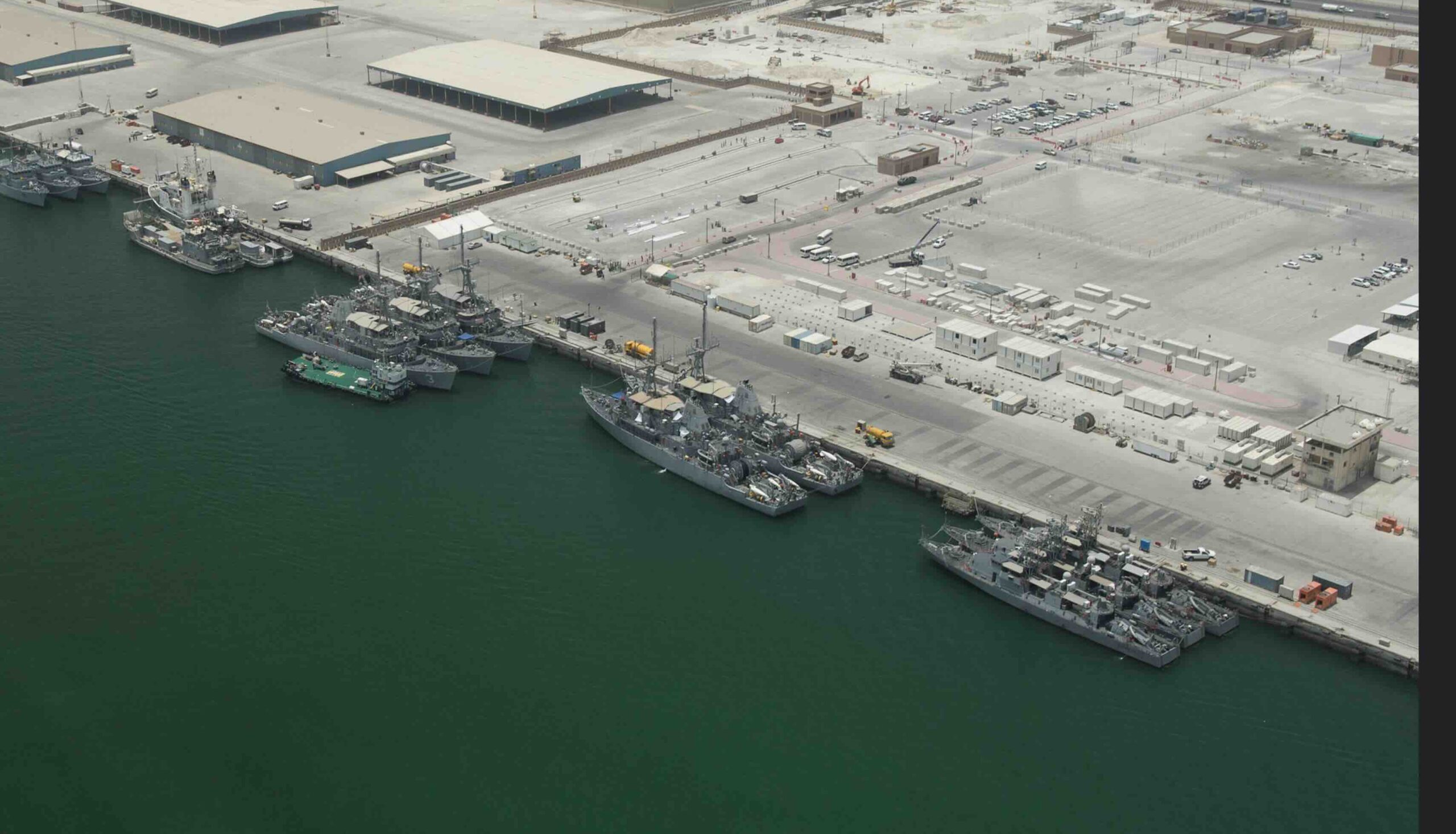Politics
JUST IN: Iran’s Plans For Retaliation Revealed

Retaliation plans concocted by Iranian military forces have leaked, showing that the country’s Revolutionary Guard Corps (IRGC) is exploring a number of options to harm U.S. soldiers and interests since being hit with back-to-back strikes over the past 48 hours.
An advisor to Ali Khamenei, Iran’s supreme leader, said any U.S. base in the region that takes part in the attacks is a “legitimate target.”
In addition, the Iranian military is said to be looking at disrupting traffic in the Strait of Hormuz, a critical waterway that serves between 90 and 100 vessels each day, primarily crude oil ships that shuttle the global supply of oil.
Such an attack would send energy prices skyrocketing, market watchers told Barrons. It would also be an “extremely dangerous” response, Kaja Kallas, the European Union’s top diplomat, said on Monday.
The narrow, U-shaped waterway snakes through the Arabian Peninsula past Iran, where an estimated 20 million barrels of oil pass through daily. It carries about 20% of the world’s entire oil and gas production.
If Iranian forces halt the channel, energy market observers believe prices could spike to $120 per barrel of oil, sending the price of gas above $4 for most of the U.S. The Deutsche World Bank said additional effects would be seismic, touching apparel and food in addition to household utilities.
“It’s in the best interest of all Middle Eastern countries to keep the Strait of Hormuz open and prevent any supply disruption,” Rystad Energy senior analyst Lu Ming Pang wrote last week.
So far, however, traders appear mostly unconcerned about the prospect that Iran could disrupt the Strait of Hormuz. Barrel prices sat at a modest $76 on Monday, not far from Friday’s close, according to Barrons.
“Looking at the oil price this morning, it is clear that the oil market doesn’t assign a very high probability of (a closure) happening,” said Bjarne Schieldrop, chief commodities analyst at SEB bank.
Even at the height of past face-offs, Iran has not pulled the proverbial hand grenade. That includes in 2011 when the country faced a severe round of sanctions on its oil production.
A senior European official said it’s widely believed Iran does not have the capacity to disrupt traffic for the “long-term” but it could be a temporary nuisance.
But “it would be a form of suicide to do that,” the official said.
“The effect on Israel would be close to zero, the effect on themselves immense, as well as on the United States, Europe and China.”
The Iranian military counts up to 200 speedboats which can fire artillery such as anti-ship missiles and torpedoes while traveling at high rates of speed. They are also capable of laying mines across the waterway, according to the International Institute for Strategic Studies.
The U.S. Fifth Fleet, which is stationed not far from Iran at the Gulf in Bahrain, is another potential target that Iranian forces may consider while they remain under daily fire from Israeli warplanes.

U.S. Fifth Fleet vessels stationed in the Gulf of Bahrain.
President Trump has floated the possibility of “regime change” within Iran, but experts in Middle East relations say such a move is fraught with unpredictable consequences.
“The US attack on Iran has now meant that this war is between Israel, the United States and Iran, which means that across the region, Iran may seek to target the US,” Renad Mansour, senior research fellow at Chatham House.

